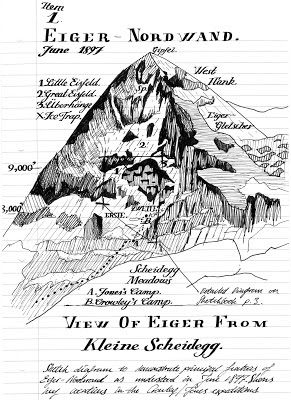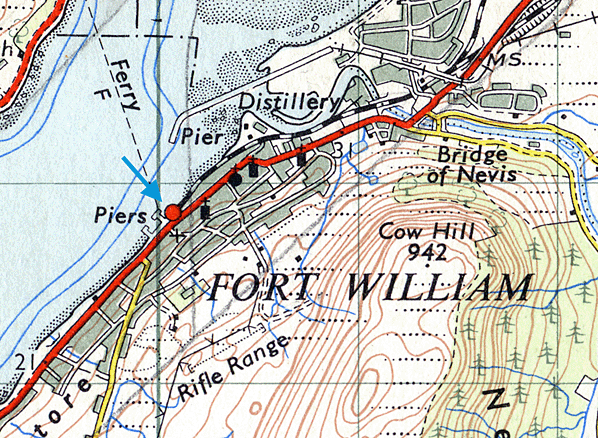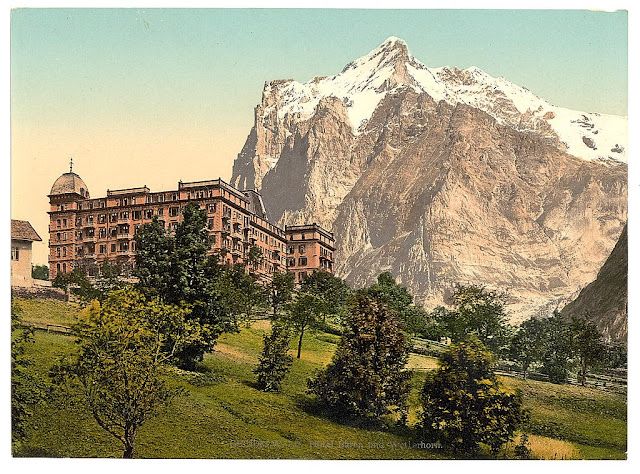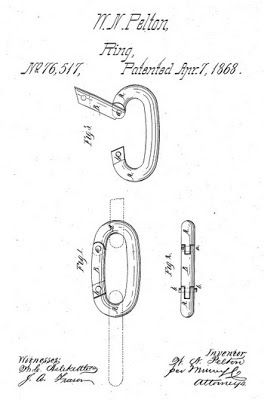Facts and the historical novelist
 |
| Fact or fiction? |
The historical novelist has a very important responsibility. Most people stop formally learning about history at school, which means that as an adult, the bulk of our historical education comes from fiction: in the broadest possible sense, that includes books, movies, and costume dramas on the BBC. Historical fact is a precious resource that can be used (and abused) in numerous ways. Some fiction sticks religiously to the established facts and does not deviate to the slightest degree. Other work play fast and loose with evidence and fails at the first hurdle, needlessly introducing anachronisms that will irritate the informed reader.
As a novelist who specialises in the ‘faction’ genre (the blending of fact and fiction), I believe that the perfect balance lies somewhere in between these two extremes. I take my responsibility as an author very seriously, but I believe the average reader is intelligent enough to appreciate why changes are sometimes made to history in order to craft a good story–if it is carefully explained in a historical note at the end.
Let us consider the first scenario. An author who is unwilling to alter history in any way (or fill in the gaps where evidence is lacking) is enormously constrained. The resulting novel has no give to it; there are no areas where the author can use his gifts of imagination to smooth over the rough edges of history. Historical figures are limited to doing what the official record dictates–and nothing else. Moreover, unless the author is an expert in the period in question, the amount of research is going to be completely overwhelming and will take many years. You will never be able to learn enough to make the story 100% accurate, and you’ll get so bogged down in research that the book runs the risk of never getting written.
In the second scenario, the author is intimidated by the idea of becoming an expert on a historical period, and conducts only the most cursory research. Errors creep in and they can sometimes be huge. Who wants to read a book in which a character in 1895 is listening to a radio broadcast … unless it’s steampunk? Readers who know their stuff will feel cheated and may give up on the book, and the less knowledgeable will come away with a warped view of history.
What’s my own experience? My policy these days is, I believe, a sensible one for me: I learn as much as I can, then I make an informed choice on what to do with that data. I’m no expert on the 19th century, but I read constantly on the era and never get complacent. There is always more to learn. The history of climbing is a topic on which I have read even more extensively and I think I am finally getting to the stage where I can call myself reasonably well-read on the subject, between certain dates at least; after about 1935 my knowledge is very patchy!
My fiction deliberately makes changes to historical truth: it’s alternative history, a subgenre that has produced some amazing ‘what if?’ stories. I choose a date (in my case, July the 24th 1896) and decide that everything after that point happens in a fictional alternative timeline. If suspension of disbelief is maintained, the reader is willing to accept this, provided the boundary is clear.
Full explanations are always given in a historical note, and changes are only made if there is a good reason to do so. I don’t always get it right–readers have emailed to point out minor anachronisms–but I try hard and I think for the most part I do a good job.
 |
| The original Fort William railway station |
Fort William in the Highlands is a setting that features on several occasions in my work. In the present day, it boasts a modern train station. The casual researcher might assume that the railway station was always on that spot, but in fact when it was first built in the mid 1890s, it was some hundreds of yards from its present location–and looked completely different.
 |
| Map of the Fort before the old station was demolished in 1975. The new station is just beneath where it says ‘Distillery’. |
In my book it is quite clear that the terminus is in the old location, next to the Loch. One reader, familiar with the town, emailed me to point out this ‘error’ but in fact this is simply an example of historical truth being carefully applied. Fort William has changed significantly since 1897 when my novel is set.
 |
| The Bear Hotel, Grindelwald. It no longer exists. |
The Alpine town of Grindelwald, another location in OGJ, has changed even more drastically since 1897. I visited the town in 2010 to conduct research on the ground (a tactic I am a huge believer in, because it makes a place more real and you are free to explore in a way you cannot through the pages of a book). In OGJ, the characters stay at the Bear Hotel for a few nights. I wanted to find this hotel and have a look around to see what I could discover about its interior. How had it changed since the 1890s, I wondered?
I spent an entire day searching for the Bear Hotel before concluding that it no longer existed. A sports centre now stands on the promontory of land once occupied by the hotel. Unable to investigate the hotel in real life, I did my best with books and some old colour postcards of Grindelwald from the 1890s.
 |
| The Pelton Ring |
One area where I have made subtle changes (while sticking within the boundaries of historical possibility) is climbing equipment. Readers will be aware that I have introduced the idea of short ice axes, crampons, karabiners, and pitons–all years before they became mainstream items of equipment amongst climbers.
However, I have done nothing historically impossible. Karabiners did in fact exist in 1897; they were patented in 1868 by a Mr Pelton (see diagram). Crampons had been used for many years by climbers and the addition of front points was a minor innovation that may have happened at any time under the right conditions. Even pitons had been used by climbers in various forms since at least the 1860s.
I am very careful to do nothing in my fiction that breaks suspension of disbelief, and while several events in The Only Genuine Jones might stretch it, that very quality has proven popular with readers. It’s a bold story and most people seem to like that.
I tread a delicate line between fact and fiction, but I think my approach has many advantages: I don’t pretend my work is a depiction of true events, and I enjoy a degree of flexibility denied to the strict historical author. I get to explore ideas and tell stories that otherwise would never see the light of day. However, I am very conscious of my responsibility as an author and would never want readers to confuse my stories with strict historical fact.
What do you think? If you’re a historical novelist, what is your approach? As a reader, how much historical fact do you like served with your fiction?
Alex Roddie Newsletter
Subscribe here to receive my occasional personal newsletter in your inbox. (For the fun stuff, please consider subscribing to Alpenglow Journal instead!)



